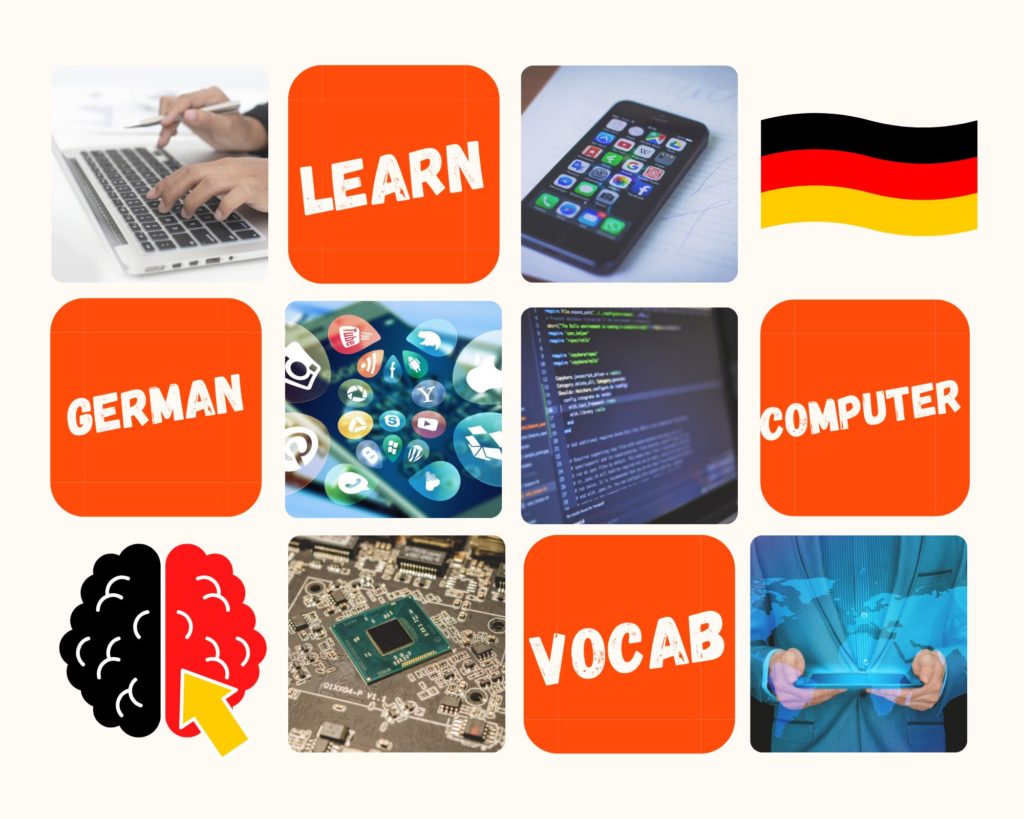
If you’re learning the language in Germany, chances are that you need some German computer vocabulary. And if you’re like me, you may be taken aback by what you see when you open your German laptop.
I remember feeling overwhelmed when this happened. But I wondered how I would learn German well enough to pass the exam at the end of my course if I couldn’t read emails properly.
Learning the vocabulary will help you feel more comfortable discussing technology in German. But, if you’re going to learn German, you’ll have to learn how to use the computer in German. And it may take some time for you to get used to it.
Table of Contents
- Digital Terms in German
- Digital Devices in German
- German Computer Vocabulary
- Internet Vocabulary in German
- German Mobile Phone Vocab
- Social Media Terms in German
- German Programming Terminology
- Final Thoughts
Digital Terms in German
The 21st century is a digital world. Most people use technology daily, whether it’s to communicate with friends, plan their day, or get from point A to point B. The language has changed as well. And with technology so integrated into our lives, it’s crucial to communicate effectively about it in German.
- Artificial Intelligence (AI) – Künstliche Intelligenz (KI)
- Big Data – Big Data
- Data management – die Datenverarbeitung
- Deep Learning (DL) – Deep learning
- Digitalization – die Digitalisierung
- Future-proof – zukunftsicher
- Machine Learning (ML) – Machine Learning
- Self-driving vehicles – Fahrerlose Transportsysteme (FTS)
Digital vocabulary is vital for you to work at a German company or study in Germany. For one, it will help you understand the terms people use in their everyday lives, and you’ll be able to communicate with them.
German computer vocabulary words are spelled the same in German and English, but the pronunciation is different.
Digital Devices in German
The Germans are highly tech-savvy. They were among the first to adopt the internet and embraced it wholeheartedly. Also, German is one of the most spoken languages on the web, so there are plenty of words that relate to computers and digital technology. Some of them will be familiar to you — like email and website — but some more specialized terms might not be as usual. For example:
Here are some German words you’ll need to know if you’re talking about computers, the internet, or digital technology in Germany. For example, the word ” computer ” (kom-puh-ter) is the most common word for “computer.” However, you can also say Rechner (rehsch-nah) and PC (pay-say).
- CD – die CD
- Cell phone – das Handy
- Connected – verbunden
- Device – das Gerät
- Digital – digital
- DVD – die DVD
- Headphones – der Kopfhörer
- Phone – das Telefon
- Power outlet – die Steckdose
- Projector – der Beamer
- Radio – das Radio
- Remote control – die Fernbedienung
- Satellite TV – das Satellitenfernsehen
- Screen – der Bildschirm
- Smartphone – das Smartphone
- Sound – der Ton
- Speaker – der Lautsprecher
- Stereo – die Stereoanlage
- Tablet – das Tablet
- TV – der Fernseher
- USB stick – der USB Stick
- Video games – die Videospiele
While traveling in Germany and other parts of Europe, you’ll need to know how to ask for a flash drive or USB stick.
For example:
- Ich möchte bitte einen USB-Stick. (I would like a USB stick, please.)
In the German-speaking world, digital devices are called digitale Geräte. The term digitale Geräte covers many devices, including computers, smartphones, and tablets. Furthermore, it can refer to other electronic devices such as e-books and e-readers.
If you want to point out that a device is digital, you can say, “es ist digital” (it’s digital).
Need help with der, die, and das?
German Computer Vocabulary
To get started, here are some common German computer vocabulary terms:
- Advanced settings – erweiterte Einstellungen
- Background color – die Hintergrundfarbe
- Backup copy – die Sicherheitskopie
- BIOS – das BIOS
- Brightness – die Helligkeit
- Cable – das Kabel
- CD drive – das CD-ROM-Laufwerk
- Compressed file – komprimierte Datei
- Computer – der Rechner, der Computer
- Computer case – das Gehäuse
- Connection – der Anschluss
- Control panel – die Systemsteuerung
- CPU workload – die CPU-Auslastung
- Cursor – der Mauszeiger
- Directory – das Verzeichnis
- Disk, floppy – die Diskette
- Display – die Anzeige
- Double click – der Doppelklick
- Driver – die Treiber
- DSL – DSL
- DVD drive – das DVD-Laufwerk
- File – die Datei, die Dateien
- Folder – der Ordner
- Graphics card – die Grafikkarte
- Hard drive – die Festplatte
- Joystick – der Joystick
- Laptop – der Laptop
- Laptop battery – der Akku
- Left mouse button – die linke Maustaste
- Memory (RAM) – der Arbeitsspeicher
- Microphone – das Mikrofon
- Microprosessor – der Mikroprozessor
- Monitor – der Monitor, der Bildschirm
- Motherboard – die Hauptplatine
- Mouse – die Maus
- Mouse pad – die Mausmatte
- Mouse wheel – das Mausrad
- My Computer – der Arbeitsplatz
- My Documents – Eigene Dateien
- My Music – Eigene Musik
- My Pictures – Eigene Bilder
- Night Mode – der Nachtmodus
- Operating system – das Betriebssystem
- Password – das Passwort, das Kennwort
- Pen drive – der Memory Stick
- Power supply – das Netzteil
- Print cartridge – die Patrone
- Printer – der Drucker
- Quick access – der Schnellzugriff
- Recycle bin – der Papierkorb
- Right mouse button – die rechte Maustaste
- Router – der Router
- Scanner – der Scanner
- Screensaver – der Bildschirmschoner
- Settings – die Einstellungen
- Shared documents – Gemeinsame Dateien
- Software application – die Software-Anwendung
- Sound card – die Soundkarte
- Speaker – der Lautsprecher
- Start Menu – das Startmenü
- Toolbar – die Toolleiste
- User – der Benutzer
- User account – das Benutzerkonto
- Virus – der Virus
- Windows computer – der Windows-Rechner
- Wireless – drahtlos
There are different ways to learn this vocabulary. You can listen to the words, read them, and then practice saying them out loud. Also, you can watch videos or shows where people are talking about computers.
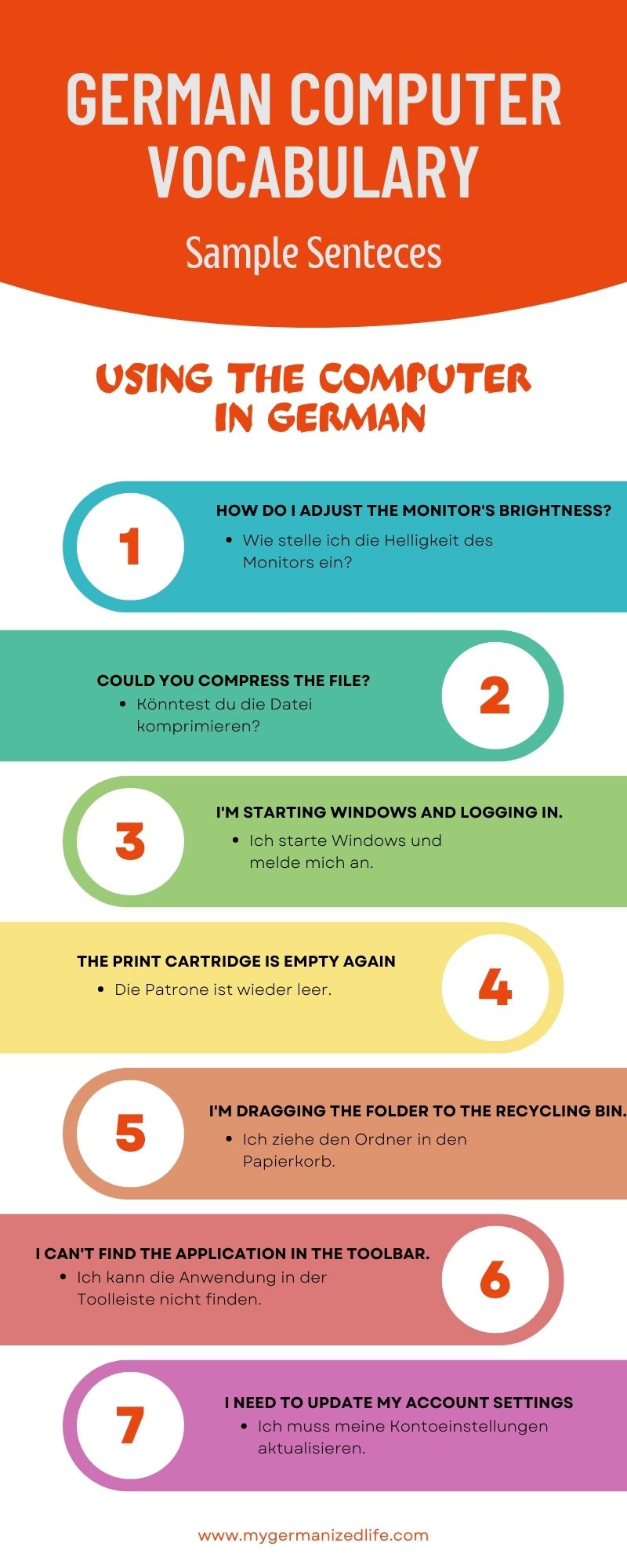
Typing and the Keyboard Keys in German
The German keyboard is quite different from the English keyboard. For example, it has other letters, layouts, and symbols. Even though it looks similar to the US keyboard, some differences make it easier to use for Germans.
In addition, German keyboards use QWERTZ instead of QWERTY. The only difference is that they have “z” instead of “y” at the end of their alphabetical keys. Otherwise, they are the same.
- Arrow – der Pfeil
- Backspace – die Löschtaste
- Button – der Knopf
- Caps lock – die Feststelltaste
- Cell – die Zelle
- Column – die Spalte
- Control key – die Steuerung-Taste
- Copy and paste – kopieren und einfügen
- Delete key – die Entfernen-Taste
- Enter key – die Eingabetaste
- Escape key – die Escape-Taste
- Exclamation Mark – das Ausrufezeichen
- Key – die Taste
- Keyboard – die Tastatur
- Row – die Zeile
- Shift key – die Umschlattaste
- Tab – der Tabulator
- Table – die Tabelle
- Windows key – die Windowstaste
Some symbols are missing from German keyboards because they don’t exist in the German language (e.g., dollar signs). In addition, there are special keys for the umlauts (ä,ö,ü) as well as the ß character. You can type these characters using Alt codes on English keyboards, but they are much easier to access with a German keyboard.
German Computer Verbs
It’s crucial to learn german computer vocabulary because it gives you a better understanding of the language. In addition, it enables you to use more advanced software and programs available in German. Finally, you can get better at using the internet in German if you know all the words.
- accept – annehmen
- add – hinzufügen
- browse – durchsuchen
- burn a CD – eine CD brennen
- cancel – abbrechen
- change, to modify – ändern
- check – überprüfen
- click on – anklicken auf
- close – schließen
- connect – anschließen
- continue, next – weiter
- copy – kopieren
- create – erstellen
- delete – löschen
- display (v.) – anzeigen
- double click on – doppelklicken auf
- download – herunterladen
- drag – ziehen
- enter – information eingeben
- erase – entfernen
- execute, to run – laufen lassen
- fade in – einblenden
- format – formatieren
- hide – ausblenden
- insert – einfügen
- install – installieren
- load – laden
- log in – einloggen
- log out – abmelden
- move – verschieben
- open – öffen
- refresh, to reload – aktualisieren
- select – auswählen
- shut down (the computer) – herunterfahren
- sort – sortieren
- submit – absenden
- surf – surfen
- turn on – einschalten
Learning German tech vocab is a great way to improve your job prospects and increase your income. Knowing how to speak German can give you an edge over the competition if you’re looking for a job or a better position in your current career.
Internet Vocabulary in German
Did you know that 94% of Germans have the internet at home? Here are some German internet words to help you navigate the world wide web in Germany.
- Bandwidth – die Bandbreite
- Bookmark – das Lesezeichen
- Browser – der Browser
- Chat – der Chat
- Download – der Download
- Emoji – das Emoticon
- Form – das Formular
- High-speed Internet access – Hochgeschwindigkeitsinternetzugang
- Internet – das Internet
- Internet service provider – der Internetdienstanbieter
- Link – das Link
- Message – der Nachricht
- Meta data – die Metadaten
- Network – das Netzwerk
- Offline – offline
- Online – online
- Page – die Seite
- Pop-up – das Pop-up
- Search engine – die Suchmaschine
- SEO, search engine optimization – die Suchmaschinenoptimierung
- Server – der Server
- Shopping cart – der Warenkorb
- URL – Webadresse
- Website – die Website
- Wifi – W-LAN
An effective way to learn German is through immersion. Ideally, try only to speak German when communicating with others as much as possible. Alternatively, why not browse the web in German by typing some German words into Google or doing an advanced search in Germany?
Email Vocabulary in German
In Germany, web.de and gmx are the most popular email providers, each having about 25% of the market share. Next, Gmail comes in third at 16%. To communicate effectively with people from Germany, then you can learn how to write emails in their native tongue.
- Address book – das Adressbuch
- At sign (@ – die Affenklammer, das At-Zeichen
- Attachment – der Anhang
- Bold (text) – fett
- Chain letter – der E-Mail-Kettenbrief
- Check email – die E-Mail abrufen
- Check the spelling – die Rechtschreibung prüfen
- Delete – löschen
- Download – herunterladen
- Draft – der Entwurf
- Email address – die E-Mail-Adresse
- Forward – weiterleiten
- Hyperlink / link – der/das Link
- Hyphen (-) – der Bindestrich
- Inbox – der Posteingang
- Italic – kursiv
- Junk mail – die Werbemail
- Kind regards – mit herzlichen Grȕßen
- Outbox – der Postausgang
- Reply (RE:) – die Antwort
- Send in an email – per E-Mail senden
- Spam folder – der Spam-Ordner
- Spell checker – die Rechtschreibhilfe
- Subject – der Betreff
- Thread – der Faden
- Underline – der Unterstrich
- Unread mails – ungelesene Mails
Germans tend to be very direct and don’t like wasting time. So, if you send an email in German, keep your sentences short and avoid overcomplicating things.
German Mobile Phone Vocab
Smartphones in German are called Handys (pronounced: HAN-dee). This term is a shortened version of Handfunktelefon (German for “hand-held wireless telephone”).
- Android – das Android
- Call – anrufen
- Charger – das Ladegerät
- Connections – die Verbingungen
- iPhone – das iPhone
- Listen to voicemail – Voicemail abhȍren
- Micro-SIM card – die Micro-SIM-Karte
- Mobile data limit – das mobile Datenlimit
- mobile phone – das Handy
- Ringtone – der Klingelton
- Roaming – Roaming
- SIM card – die SIM-Karte
- Smart phone – das Smartphone
According to statistics, 32% of Germans choose the Android operating system. In comparison, 35% have a Windows phone, 19% select iOS, and 8% choose OS X.
German Text Message Abbreviations
German Text Message Abbreviations can be helpful when sending messages to people from other countries because they allow you to shorten words and phrases that are longer in German than in English.
If you’re studying German, learn these abbreviations to communicate quickly with native speakers.
- Away from the keyboard (AFK) – AFK (from English)
- Dunno – keine Ahnung/ KA
- Greetings – Liebe Grüße/ LG
- I love you – Ich liebe dich/ ILD
- I’m back – bin wieder da/ WD
- LOL – LOL
- Maybe – Vielleicht/ VLLT, VLT
- Me too – ich dich auch/ IDA
- Search function – die Suchfunktion/ SuFu
- See you then – bis dann/ BD
- Send a text message – simsen
- Text message – der SMS
- Weekend – das Wochenende/ WE
- XOXO/ hab dich lieb/ HDL
Such abbreviations are standard in text messaging and social networking services like Facebook and Twitter. Once you get used to them, they are easy to understand. But it can be challenging to understand German Text Message Abbreviations at first glance.
Social Media Terms in German
Social media vocabulary will help you become more proficient with the German language. In addition, it can also help you build cultural awareness and improve your ability to interact with others. Here are some of my favorite German social media words:
- Add someone as a friend – jmd. als Freund hinzufügen
- Advertising tools – die Werbetools
- Algorithm – der Algorithmus
- Archive – archivieren
- Blog – bloggen
- Boost post – Beitrag bewerben
- Cancel – abbrechen
- Close friends – enge Freunde
- Comment – der Kommentar
- Contact synchronization – Kontaktsynchronisierung
- Create an online profile – der online Profil erstellen
- Deactivate comments – Kommentarfunktion deaktivieren
- Delete – löschen
- Discover – entdecken
- Edit – bearbeiten
- Edit profile – Profil bearbeiten
- Favorites – die Favoriten
- Follow someone – jmd. folgen
- Follower – Follower
- Like – gefällt mir, like
- Orders – die Bestellungen
- Payment – die Zahlung
- Photos – die Bilder
- Pin to profile – im Profil fixieren
- Popular – beliebt
- Profile grid – Profilraster
- Recommend – empfehlen
- Remix – remixen
- Repost – repost
- Saved – gespeichert
- Settings – die Einstellungen
- Share – teilen
- Social networking site – das soziale Netzwerk
- Subscribe – abonnieren
- Tag someone in a photo – jmd. in einem Bild taggen
- Translation – die Übersetzung
- Tweet (v.) – twittern, tweeten
- Use as template – als Vorlage verwenden
- Video – das Video
- View insights – Insights ansehen
Germany’s most popular social media platforms are Whatsapp, YouTube, Facebook, Instagram, and Pinterest.
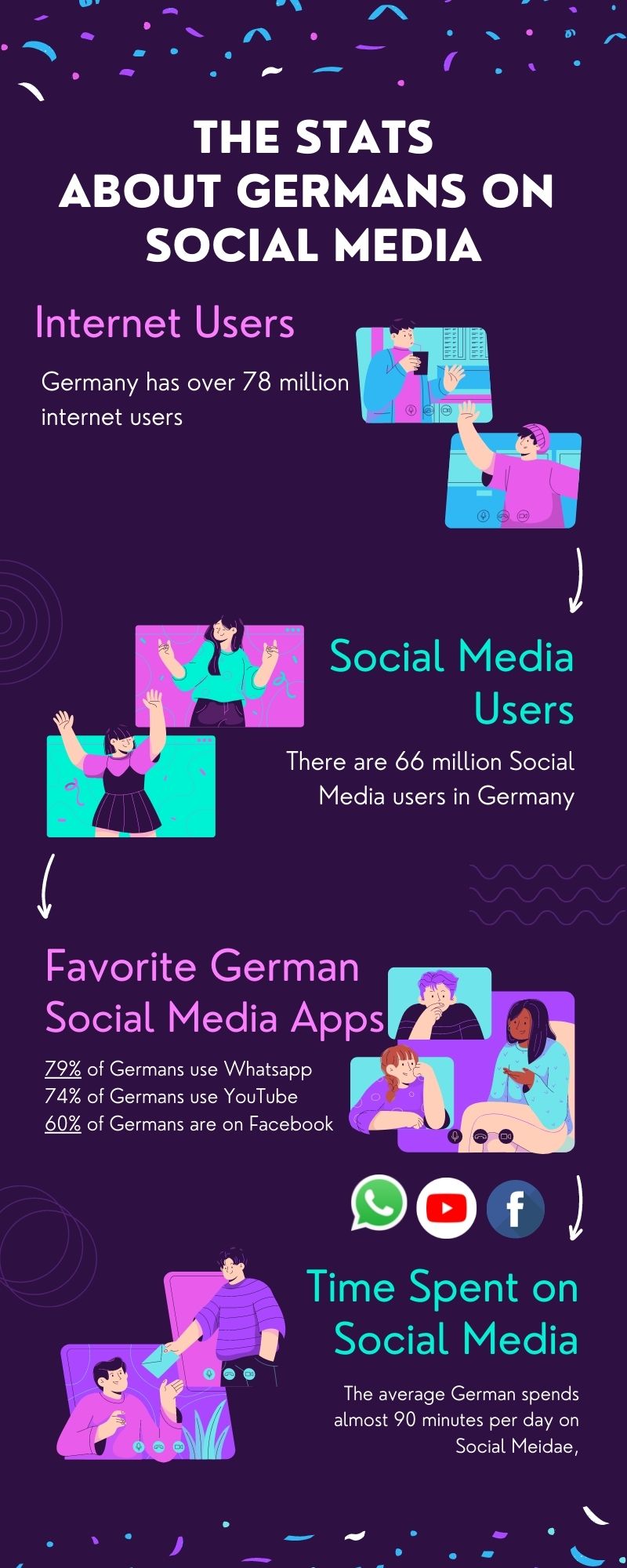
German Programming Terminology
Programming languages have their own unique vocabulary, much like learning a foreign language. If you’re a native English speaker and are learning German, it’s helpful to know some common words that appear in German programming discussions.
- Agile development – Agile Entwicklung
- Binary number – die Binärzahl
- Command – der Befehl
- Computer code – die Maschinensprache
- Database – die Datenbank
- Design – der Entwurf
- Fix a bug – ein Fehler beheben
- Generate a ticket – ein Ticket erstellen
- Generate mock data – Testdaten erstellen
- Interface – die Schnittstelle
- Jump – der Sprung
- Language – die Sprache
- Layer – das Layer
- Library – die Bibliothek
- Loop – die Schleife
- Macro – das Makro
- Method – die Methode
- Object – das Objekt
- Overflow – der Überlauf
- Parameter – der Parameter
- Performance – die Performance
- Programmer – der Entwickler, Programmierer
- Programming – die Programmierung
- Programming language – die Programmiersprache
- Property – die Eigenschaft
- Ramification – die Verzweigung
- Required field – der Pflichtfeld
- Run locally – Lokal laufen
- Run time – die Laufzeit
- Software developer – der Softwareentwickler
- Source code – der Quellkode
- Source text – der Quelltext
- Structure – die Struktur
- Surface – die Oberfläche
- User-centered – nutzerzentriert
Get a job in Germany’s competitive tech industry. Many developers don’t know German computer vocabulary but must communicate with clients or other developers at their company who speak German. So, basic knowledge of programming vocabulary in this language will give you an advantage over other candidates for these positions.
Final Thoughts
Conversations about tech can be challenging, even if you’re bilingual. Each country has slang and informal terms for services and devices, and many words are untranslatable. So, now you’re ready to speak with your German friends on Facebook and explore the internet in German.
Can you think of German computer vocabulary that I forgot? List them in the comments below, and I’ll add them.
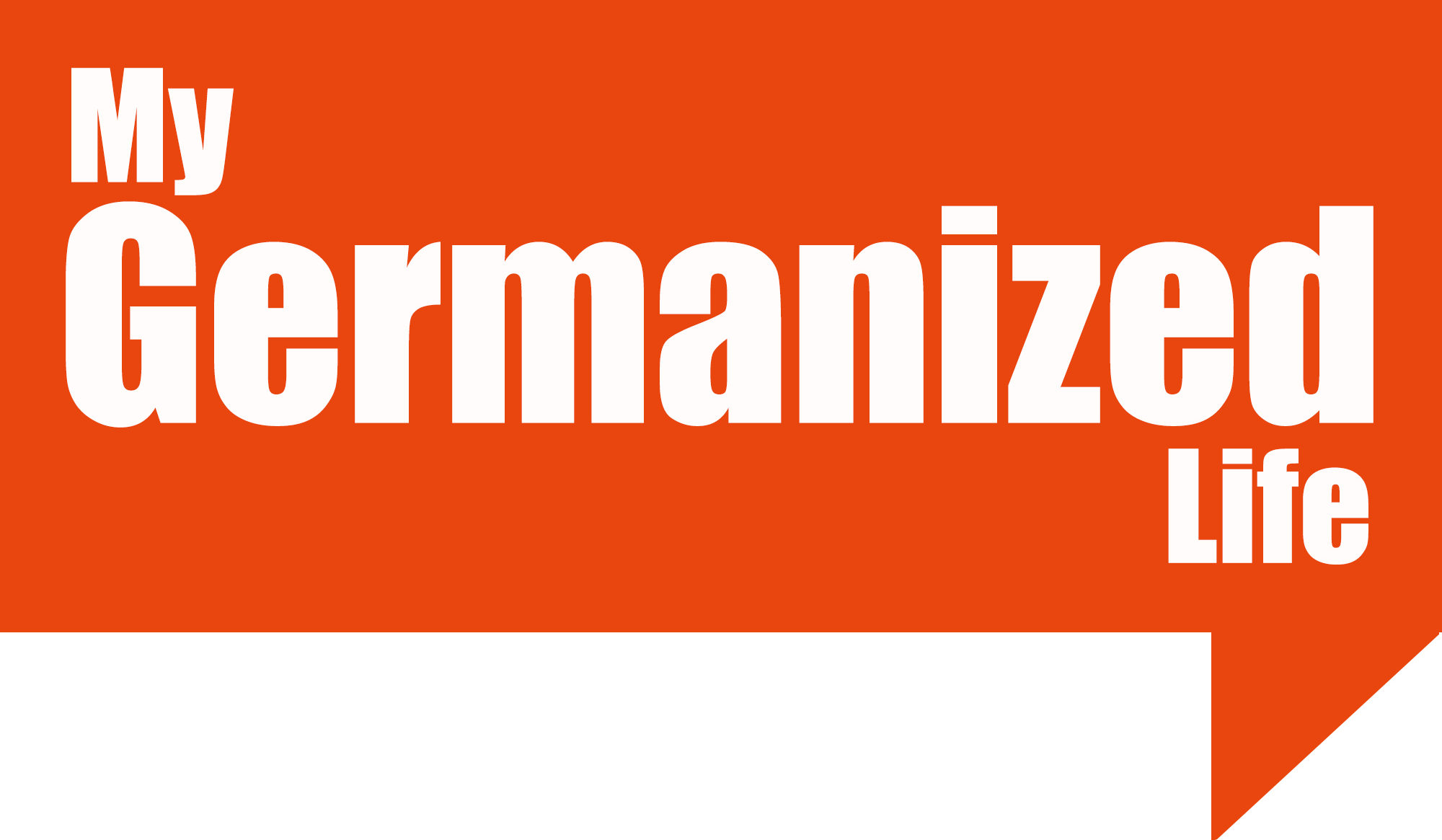
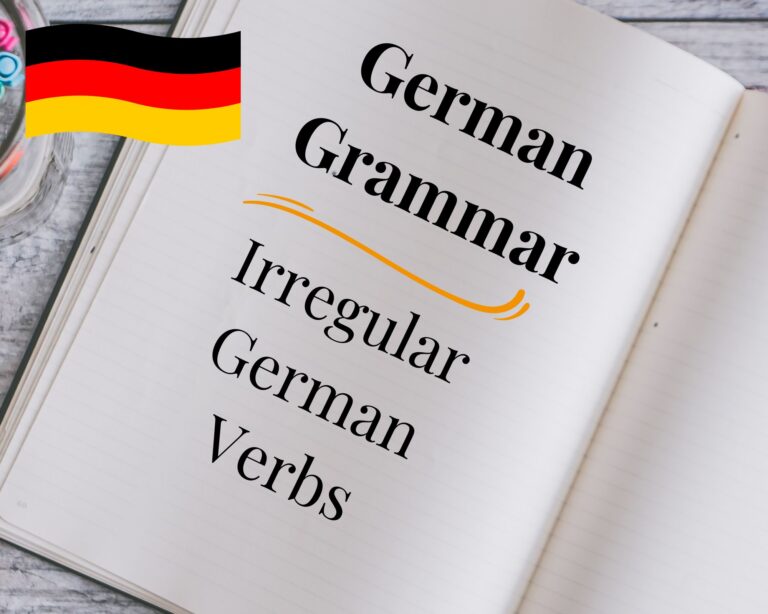
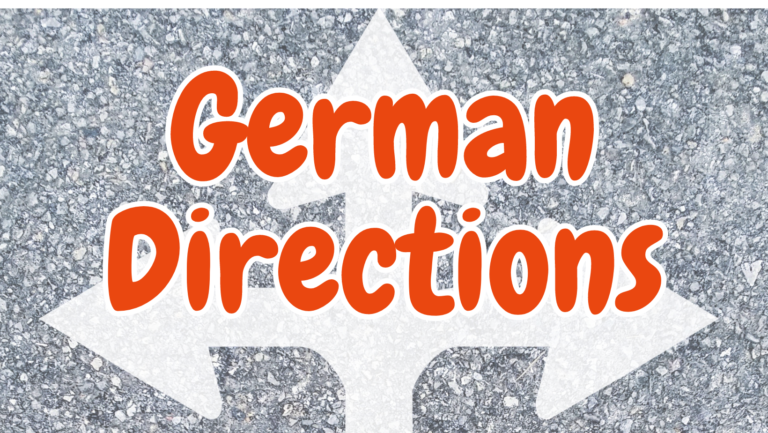
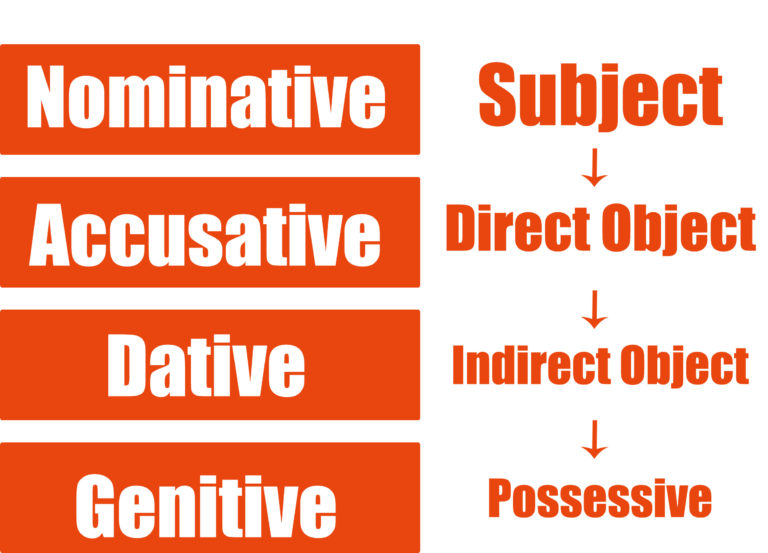
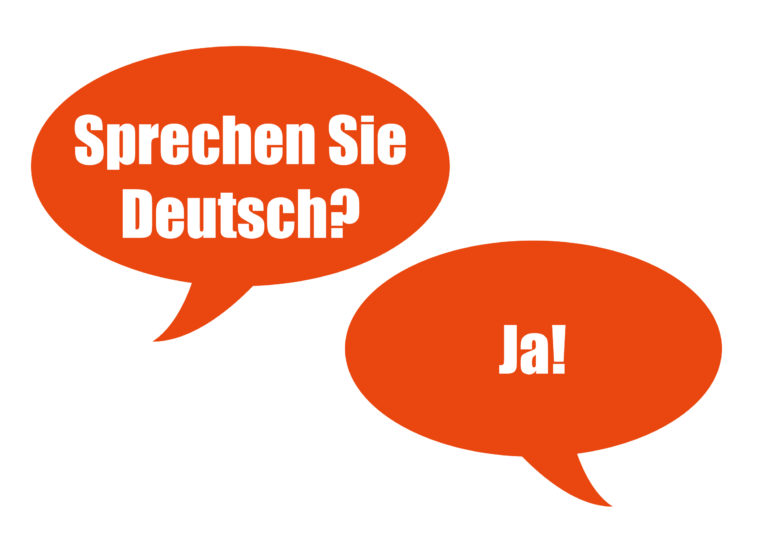
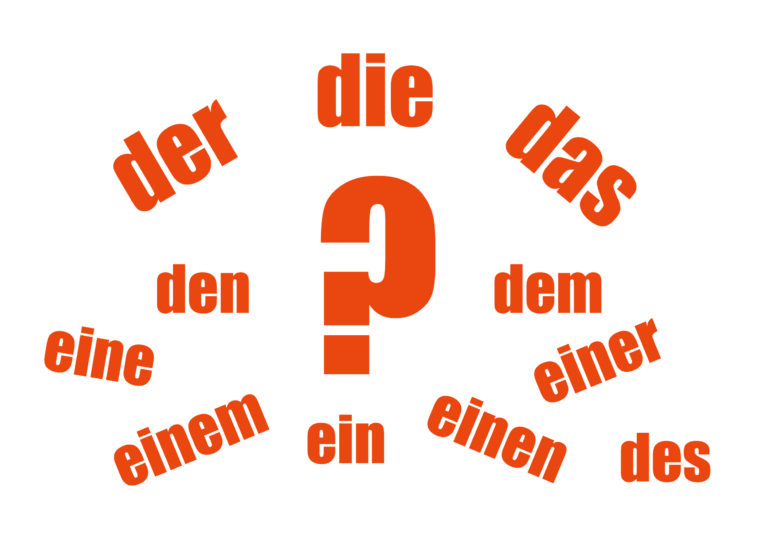
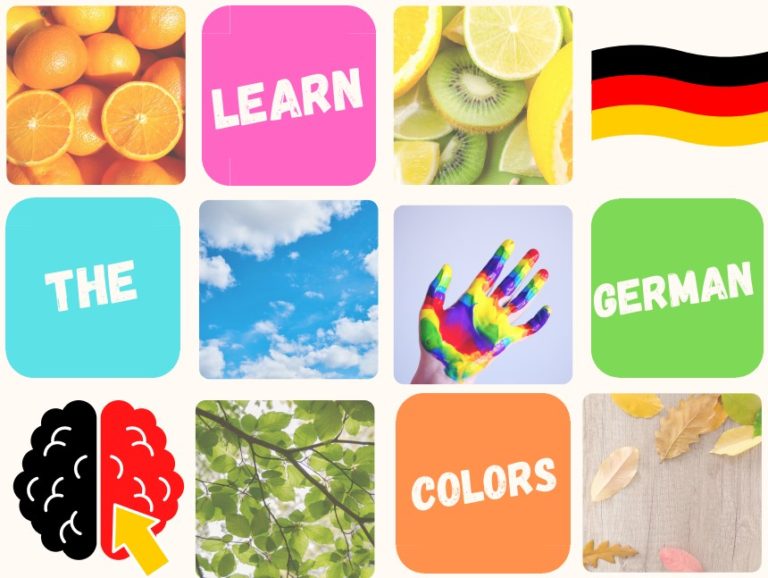

What’s up, itss good puece oof writing regarding media print,
wee all understaznd media iis a wonderful source of data.
Excellent post! We wll be linking too this pqrticularly great polst on our
website. Keeep up the god writing.
so they can serve you content other folks in your demo
like. Firms like MindGeek that private buffering websites and motion picture broadcasters can in addition work with that information to manual movie
output. Candy bar info as well enables them to funnel content that they consider you especially will take
pleasure in straight toward you-even if in concept they
don’t understand who you are, and merely realize your IP tackle or browser data.